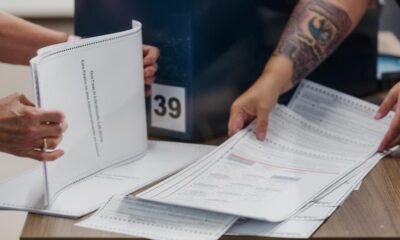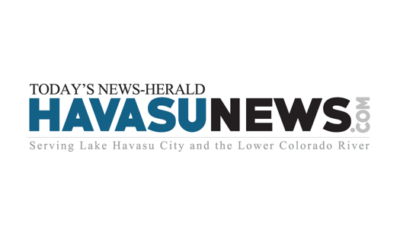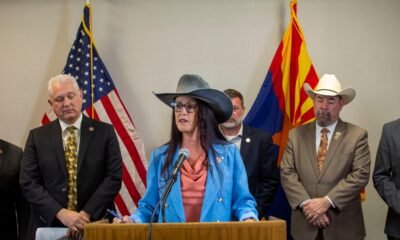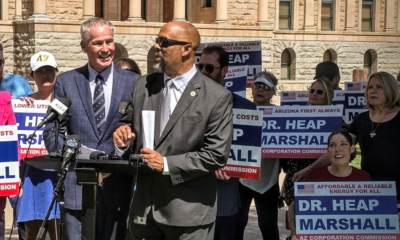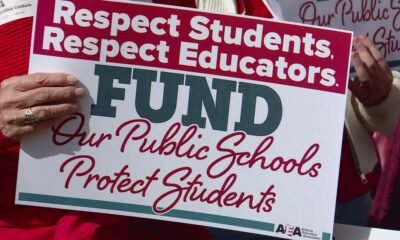audit
Arizona Pushes for Reliable Manual Audits of Election Results
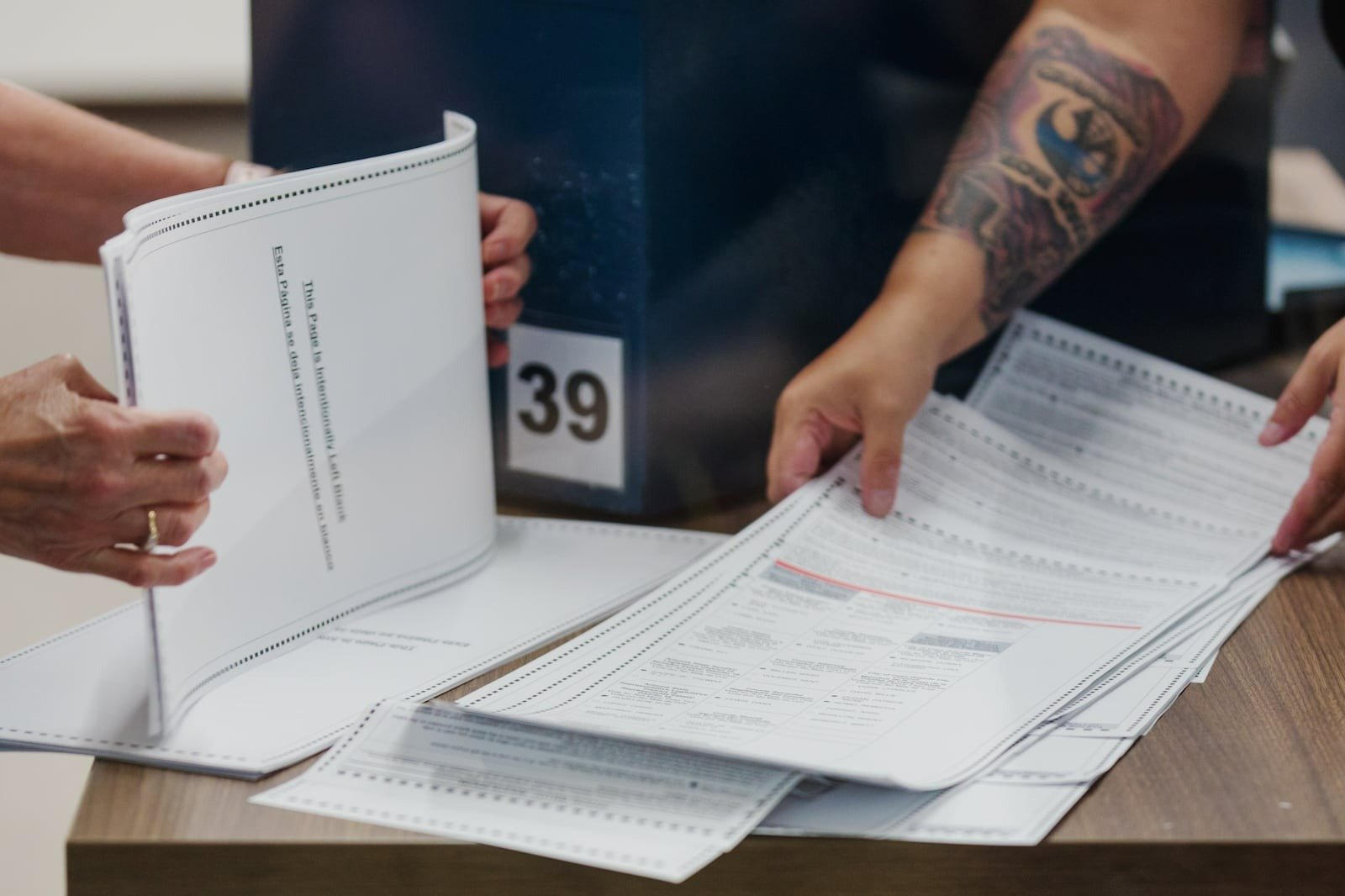
In Arizona, where public trust in elections is shaky, many residents advocate for manual audits of election results to enhance confidence. While state law mandates these audits, the execution is inconsistent.
The primary obstacle lies in stringent regulations governing the appointment of audit workers, their participation, and the timing of the audits. If these conditions are unmet, the elections director can cancel the audit altogether.
This year, lawmakers are pushing for reforms. Among the efforts is House Bill 2129, recently signed by Governor Katie Hobbs. The bill aims to ensure sufficient audit workers by modifying existing laws. This move marks a rare instance of Hobbs, a Democrat, endorsing legislation from the Republican-led Legislature, rather than issuing a veto. The bill received backing from the Secretary of State’s Office and makes several minor adjustments to election laws.
Despite these changes, uncertainty looms regarding their effectiveness in guaranteeing audits this election cycle.
Arizona’s requirement for major political parties to appoint workers to bipartisan teams complicates the process. Audits must commence within 24 hours of polls closing and can only proceed if no more than 75% of the workers belong to the same party. Failure to meet this threshold results in audit cancellation.
This approach differs markedly from many states, where county employees generally conduct audits without such stringent partisan requirements. A Votebeat review of state laws highlights that while public observation is often mandated, the bipartisanship requirement unique to Arizona can hinder audit execution, especially in smaller counties facing recruitment challenges. For instance, three counties — Apache, Graham, and La Paz — canceled audits during the November 2022 midterm elections, citing a lack of bipartisan participation.
In response to these challenges, the prior year saw the passage of Senate Bill 1342, which aimed to streamline the appointment process by allowing state party chairs to fill vacancies if local party appointments fell short. Additional support came from advocacy organizations, emphasizing the need for robust post-election audits to ensure public confidence in the electoral process.
However, concerns remain. Gina Swoboda, chairwoman of the Arizona Republican Party, noted that last year’s legislation failed to address instances where appointed workers might not show up, forcing cancellations in both La Paz and Apache counties. This prompted further revisions in the current year’s legislation, enabling party chairs to select alternative workers, provided the partisan composition remains balanced.
Yet, the tight timeline for audits still poses challenges. The new law does not alter the 24-hour requirement for commencing audits, maintaining the pressure on counties.
Advocates for electoral integrity continue to call for more substantial improvements. Currently, Arizona audits a limited percentage of ballots: 1% of early ballots or 5,000 ballots, and 2% of Election Day ballots from two precincts. Merissa Hamilton, founder of EZAZ.org, argued for a more statistically significant examination of ballots.
Similarly, Jenny Guzman from Common Cause Arizona supports risk-limiting audits that adjust the sample size based on each race’s victory margin. She emphasized that scientifically-backed audits are vital for boosting voter confidence.
